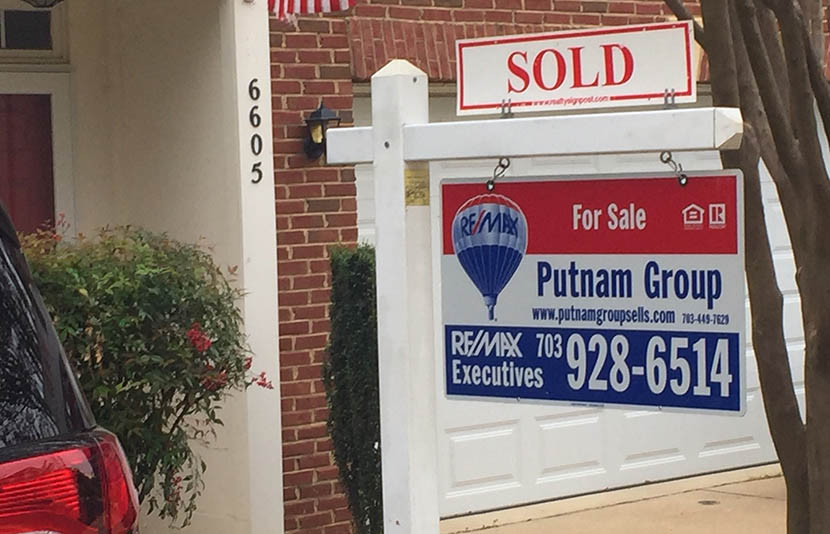
Remote Work Could Open Homeownership to Nearly Two Million New Households

The rise of remote work could unlock homeownership for nearly two million renter households, according to Zillow, Seattle.
Zillow said millions of renter households could likely telecommute and afford monthly payments on the typical U.S. starter home, but could not afford a starter home in their current metro.
“If remote work becomes a bona fide long-term option especially with the pandemic, that could reshape the U.S. housing market by opening up homeownership to people renting in expensive parts of the country,” said Zillow Economist Jeff Tucker.
But Tucker called it unclear precisely how many people would make the move to buy their first home. “Proximity to work is just one of the factors people consider when choosing where to live,” he said. “Other factors may keep them from moving including proximity to friends and family, cultural and natural amenities and their kids’ schools.”
Zillow found more pronounced numbers in expensive coastal metros such as San Francisco, where 22 percent of renters priced out of their metro could afford monthly payments on a typical starter home, estimated at $7252. Monthly payments on a typical San Francisco city starter home are more than seven times higher at $5,181. More than 10 percent of renters who could not afford to buy in the city of San Francisco could afford a starter home within the greater San Francisco metro area, offering more options farther afield to aspiring buyers who no longer need to commute to the office five days a week.
But the opposite is true in cities such as Minneapolis, Phoenix and Denver, Zillow said. In Denver, for example, starter homes in the city are more affordable than in the metro area, yet 14.5 percent of renter households priced out of homeownership in the Denver metro could afford a typical starter home elsewhere in the country.
Not all renters will find it more affordable to buy a home outside their current metro areas. Places such as Pittsburgh, El Paso and Rochester, N.Y., offer more affordable starter homes than the country as a whole, meaning aspiring buyers would have to pay more if they wanted to leave.
